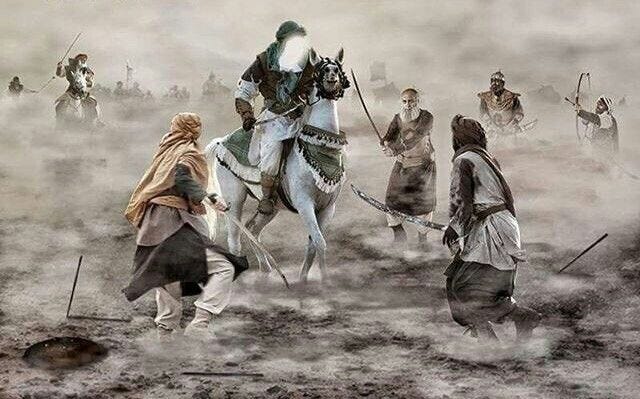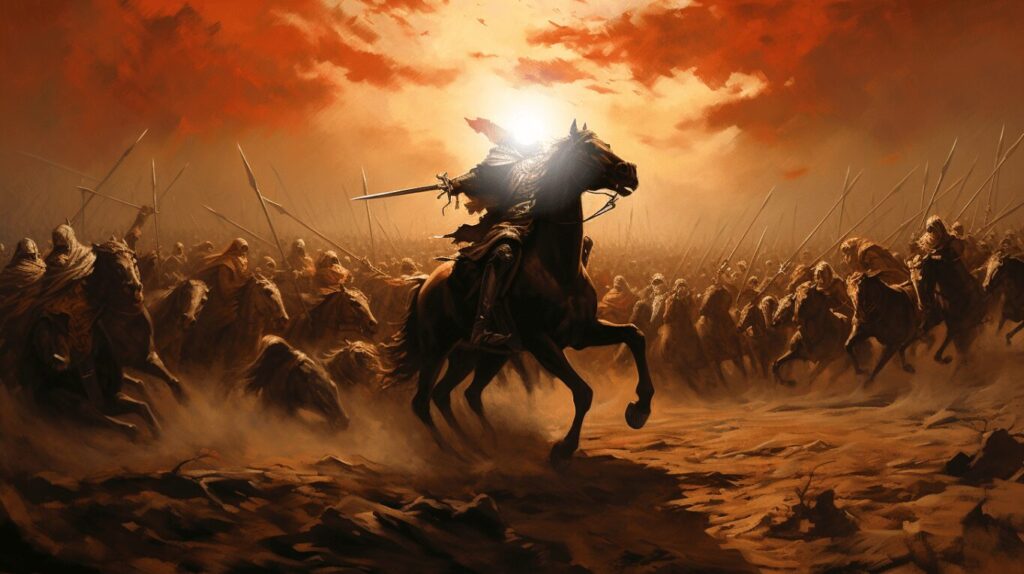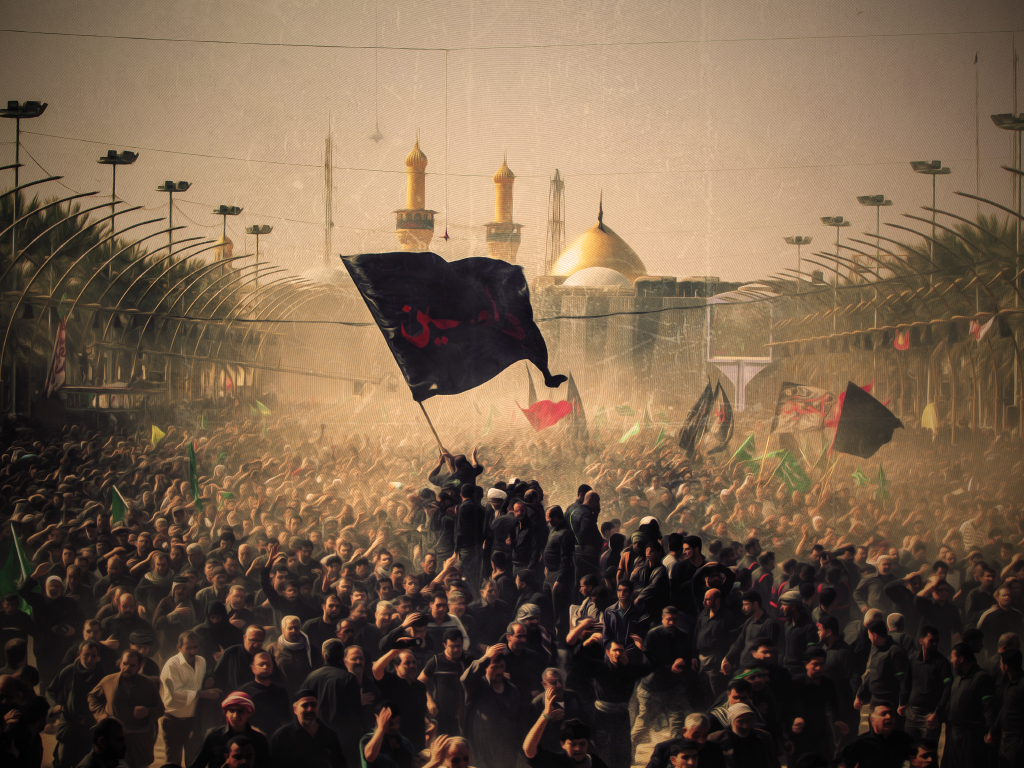
Hussain was a 7th-century revolutionary leader who made the ultimate stand for moral justice. His legacy inspires millions to strive for a just society. Hussain gave everything he had for the dignity of his society in the face of corruption, forever changing the course of history. Today, his selfless stand gives hope to people of all backgrounds.
Learn more about Hussain and how his legacy is inspiring people around the world to build a morally just society.
Early Life

Hussain was renowned for his honor and integrity. Born in 626 AD in the city of Medina, Hussain was raised by a family known for their honesty, compassion, and justice. As a young child, Hussain witnessed his grandfather, the Prophet Muhammad, strive to establish a morally just society. Prior to Muhammad’s rise and the advent of Islam, Arabian society was plagued by tribal feuds and gross inequality.
It was in this context that Hussain developed his principles, and as a young man, he was widely respected across the lands for his integrity.

His Struggle
Hussain refused to pledge allegiance to a corrupt tyrant. Shortly after the demise of Prophet Muhammad, a power struggle divided the people, leading to the rise of a despotic tyrant. Hussain witnessed his society’s moral decline after his grandfather passed away. A series of civil wars had fractured the nation and paved the way for oppressive leaders to seize control.

Subsequently, a man named Yazid gained full power. Yazid was widely regarded as a corrupt narcissist who wanted to rule with an iron fist. To legitimize his rule, Yazid demanded Hussain’s allegiance, threatening him with his life. Hussain refused. He knew that if he gave his allegiance to a man like Yazid, there would be no turning back for his society. In a powerful sermon, he said, “I did not rise up for the cause of wickedness, amusement, corruption, or oppression, but I rose up to reform the nation of my grandfather. I want to promote virtue and prevent vice.”
“Death with dignity is better than a life of humiliation.” – Hussain ibn Ali

The Battle
Hussain made the ultimate sacrifice for moral justice. He resisted the pressure from Yazid and spoke out against his illegitimate rule. Despite threats of violence, Hussain remained steadfast and was prepared to give his own life. He did not want Yazid’s ruthless forces to attack his city and risk civilians’ lives. Along with his family and 72 companions, Hussain made his way towards the East, seeking to gain support for his uprising while avoiding violence. It was on this journey that Hussain, his family, and companions were forced to stop by an army of over 30,000 on the hot plains of a land called Karbala (present-day Iraq).

Yazid’s forces cut the supply of water for Hussain’s family and companions, including women and children. In 680 AD, after three days without water and food in the scorching heat, Hussain stood and fell valiantly in what is known as The Battle of Karbala. Hussain died defending those around him from oppression while standing for his principles.
His Legacy
Hussain’s timeless legacy inspires millions to this day. Through his tragic end but heroic act of sacrifice, Hussain was ultimately victorious. His death became the catalyst for revolutionary change and led to the collapse of Yazid’s tyrannical rule. Hussain stood by his principles until the very end, and his legacy continues to inspire millions around the world.

From civil rights leaders to volunteers at local charities, centuries later, people across the world are empowered by his selflessness, courage, and determination. The story of Hussain ibn Ali stands as an inspiration to all, no matter what color or creed.
Hussain, his values, and his stand are the underlying foundations for our organization. Inspired by Hussain, our representatives around the world, in over 60 cities, organize charitable events to help the homeless, feed the hungry, and donate blood to save lives.

Leave a Reply